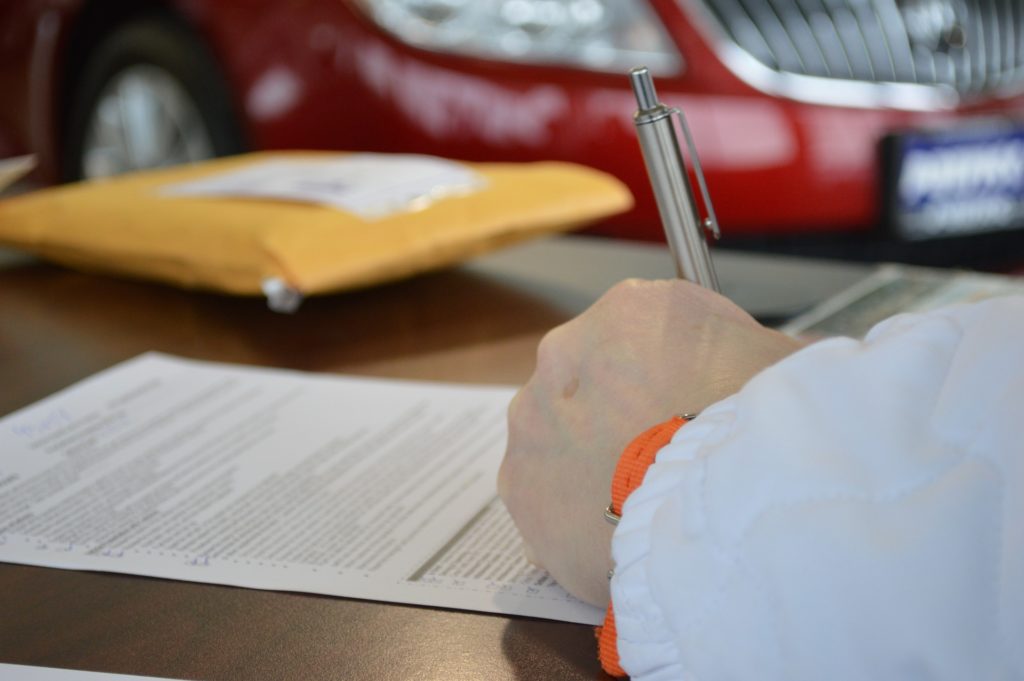When exercising a Power of Attorney, on behalf of your principal, there are various duties and regulations must be observed. There may be serious consequences for failing to comply with your obligations.
Are attorneys entitled to make loans or gifts to themselves?
Attorneys are not authorised to confer benefits on themselves or on a third party unless they are expressly authorised to do so. This is clearly outlined within Section 12 and Section 13 of the Power of Attorney Act 2003 (NSW). An attorney may only receive a benefit where:
- The Power of Attorney document expressly authorises the attorney to make gifts or loans to themselves; or
- The Principal has given their express consent to the making of a specific gift or loan.
This means that whether an attorney is authorised to make loans and gifts to themselves depends on the specific terms of the Power of Attorney document.
Any gift or loan that is made by the attorney without sufficient authorisation is deemed to be unlawful. In addition, most standard Power of Attorney documents will often include a specific provision requiring an attorney to acknowledge that:
a) The attorney must act in the principal’s best interest;
b) The attorney must keep their own money and property separate from the principal’s money and property;
c) The attorney must keep reasonable accounts and records of the principal’s money and property;
d) The attorney cannot obtain a benefit unless expressly authorised;
e) The attorney must act honestly in all matters concerning the principal’s legal and financial affairs; and
f) A failure to do perform their duties correctly may incur civil and criminal penalties.
What are the consequences of an attorney acting without authorisation?
It is a criminal offence for an attorney to exercise their power of attorney to confer a benefit or to make loans to themselves without the express authorisation by the principal.
Section 192E of the Crimes Act (NSW) 1900 provides that where a person “by any deception, dishonestly” obtains property belonging to another or obtains a financial advantage or causes financial disadvantage, is guilty of the offence of fraud. The maximum penalty for this offence is 10 years.
The making of unauthorized loans can also potentially amount to a form of larceny (theft) – with the maximin sentence being 5 years, according to Section 117 of the Crimes Act (NSW) 1900.
Can you remedy breaches of the Power of Attorney?
In situations concerning unauthorised gifts or loans potential remedies for these breaches may include;
- Repaying all unlawful loans, including any profits derived from any investments made using the unauthorised funds
- Resigning the position of Power of Attorney
- Taking civil action against parties who have misappropriated funds to recover the funds
If you are having difficulties with a Power of Attorney and you require legal advice, call our team on 9982 1655 or contact juniora@ocklaw.com.au
DISCLAIMER: The information contained in this article is general and is not intended to be advice on any matter. It is for information only and is not legal advice. In the event of a legal problem, you should seek legal advice.











